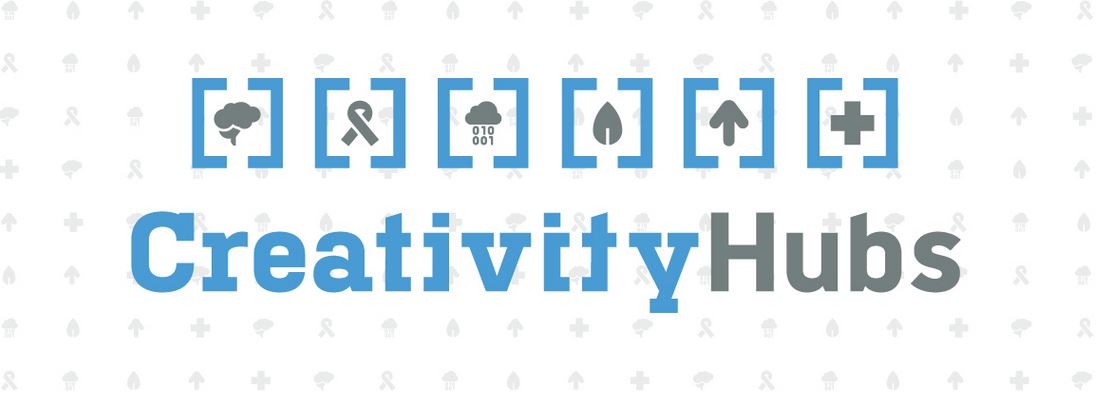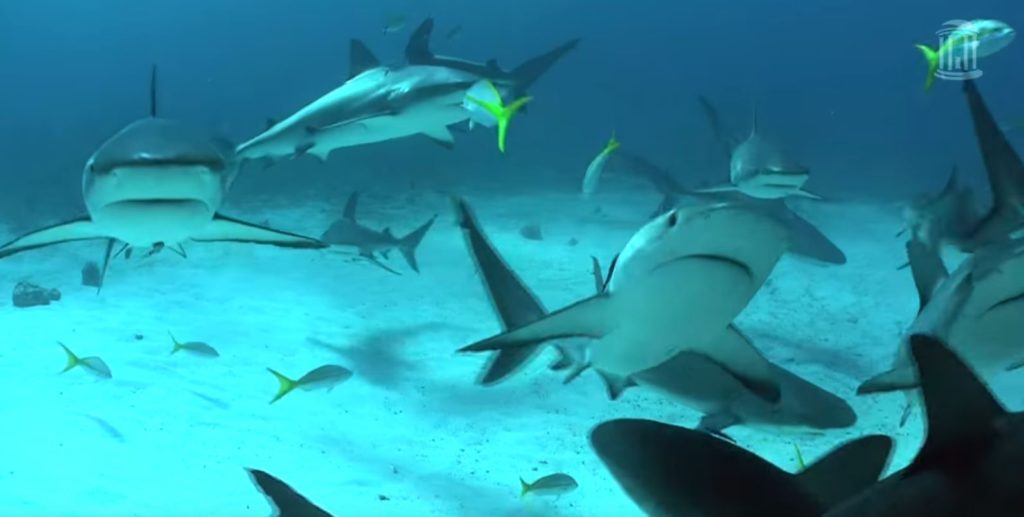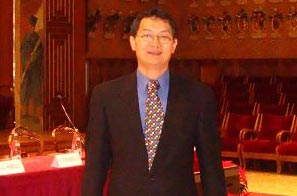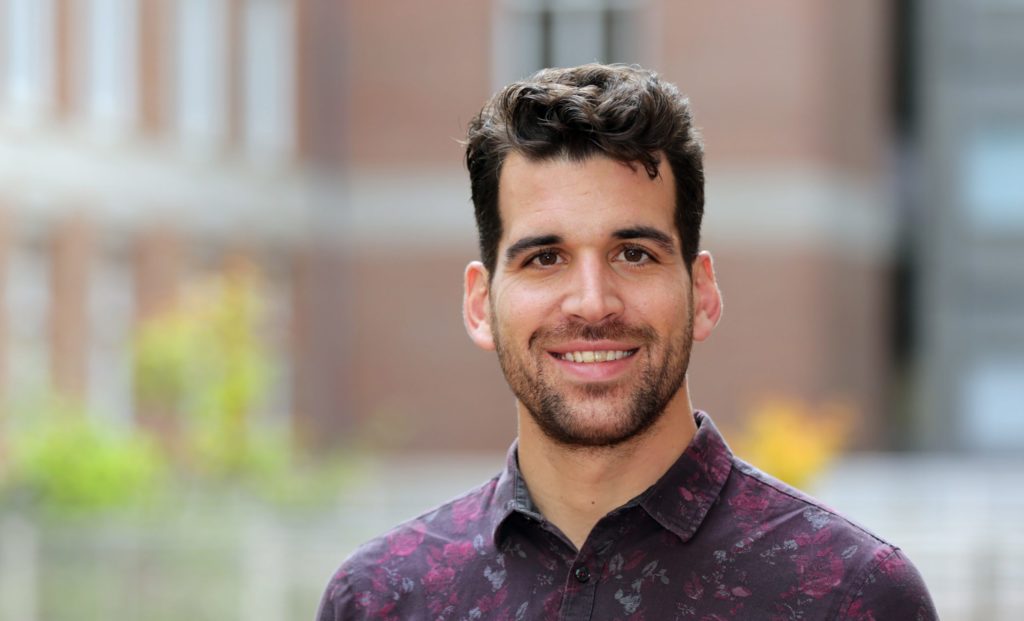 UNC’s new Creativity Hubs initiative, a component of the Carolina Blueprint for Next strategic framework, has announced awards to campus research teams pursuing solutions to two of the world’s most pressing issues: the obesity epidemic and the global clean water shortage. College of Arts & Sciences faculty play a key role on the teams. The Creativity Hubs initiative was developed by Vice Chancellor for Research Terry Magnuson as a platform on which to assemble teams of researchers from diverse disciplines to tackle major societal challenges and leverage additional support from external sponsors.
UNC’s new Creativity Hubs initiative, a component of the Carolina Blueprint for Next strategic framework, has announced awards to campus research teams pursuing solutions to two of the world’s most pressing issues: the obesity epidemic and the global clean water shortage. College of Arts & Sciences faculty play a key role on the teams. The Creativity Hubs initiative was developed by Vice Chancellor for Research Terry Magnuson as a platform on which to assemble teams of researchers from diverse disciplines to tackle major societal challenges and leverage additional support from external sponsors.
“While Carolina has long prided itself on its culture of low stone walls, we must be aggressive in capitalizing on our unique strengths and positioning our faculty to tackle major scientific challenges,” Magnuson said. “The two project teams that have been selected for these initial awards embody the bold approach that I envision of Creativity Hubs award winners.”
 Leveraging the strengths of Carolina’s schools of medical and health sciences, its affiliated research centers and institutes, and its prowess in big data management, the Heterogeneity in Obesity Creativity Hub will take a novel approach to assess the underlying causes of obesity, tapping information that has not been traditionally studied to unlock new, targeted ways to treat the disease.
Leveraging the strengths of Carolina’s schools of medical and health sciences, its affiliated research centers and institutes, and its prowess in big data management, the Heterogeneity in Obesity Creativity Hub will take a novel approach to assess the underlying causes of obesity, tapping information that has not been traditionally studied to unlock new, targeted ways to treat the disease.
“Carolina has a long history of outstanding obesity research in many different areas of science,” says Penny Gordon-Larsen, principal investigator for the obesity hub. “But much like individual factors contributing to obesity, integration of all of that very valuable information hasn’t happened yet. The Creativity Hubs award has given us an amazing opportunity to get these diverse scientists on a single project to develop tools for obesity research, prevention, and treatment.”
By developing an automated tool to rapidly analyze and integrate large data sets, the team will seek answers to why individuals with the same diet experience weight gain and loss differently. Their research is expected to lead to more personalized treatments that take into account the wide range of factors — from diet, to social influences, to genetics — that contribute to weight gain and loss. This project has College faculty members from psychology, biology, sociology/public policy, statistics and economics.

Addressing a need that affects over 1.8 billion people worldwide, the Sustainable Access to Clean Water Creativity Hub will pursue development of an innovative, affordable membrane-based water purification tool that can safely remove a broad range of water contaminants.
“The Creativity Hubs initiative has allowed us to assemble a unique team of scientists and engineers with the background and expertise to tackle a major global problem” said Theo Dingemans, principal investigator for the sustainable access to water hub and a professor of applied physical sciences in the College of Arts & Sciences. “Our team is excited to advance solutions to these scientific and engineering challenges, and we are especially motivated and inspired to provide practical and affordable solutions that will impact the lives of individuals and communities worldwide.”
The project team is comprised of polymer chemists, computational modelers, and engineers from the College of Arts & Sciences’ applied physical sciences and mathematics departments and the Gillings School of Global Public Health. Building on existing graphene and graphene oxide membrane technologies that have shown promise as water purifiers, the team will seek to develop new filters that make water purification more energy-efficient and to lay a foundation for large-scale, affordable membrane production.
The Creativity Hubs initiative was developed by the Office of the Vice Chancellor for Research to foster fluid, cross-disciplinary research, to establish campus networks that nurture research innovation and risk-taking, and to promote a pervasive culture that drives discovery and curiosity. The inaugural winners of the Creativity Hubs awards were selected from proposals involving 194 UNC researchers from 35 departments in 10 schools and the College of Arts & Sciences. Each team will receive up to $250,000 toward the development of their proposals. Progress will be assessed after one year and the teams could be eligible for up to an additional $250,000 in funding.
The Vice Chancellor for Research is currently exploring opportunities to fund additional hubs in the future. For more information on the UNC Creativity Hubs initiative and the winning teams, please visit: research.unc.edu/creativity-hubs.




